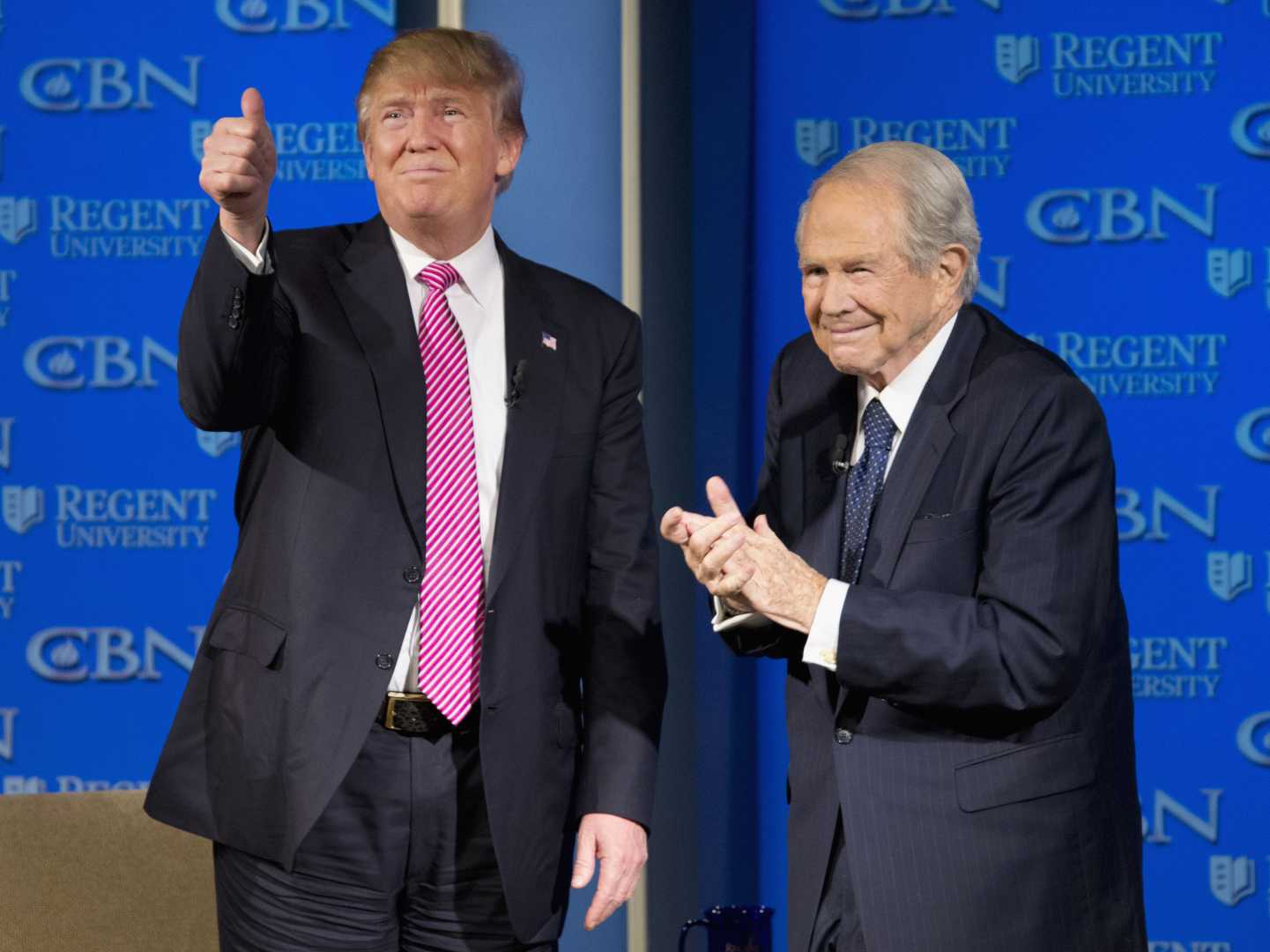Politics
Trump Administration’s Elite Club Sparks Controversy Over Wealth and Influence

Washington, D.C. – In a striking move, members of Donald Trump’s inner circle have established a new, exclusive club called the Executive Branch, seeking to consolidate influence among the elite. Founded by Trump’s son, Donald Trump Jr., this members-only society charges initiation fees up to $500,000.
David Sacks, a Silicon Valley entrepreneur and one of the founding members, stated that the club aims to provide a space free from what they term ‘fake news reporters’ and outsiders. The venue location has not yet been disclosed, but Sacks promises it will serve as a sanctuary for like-minded individuals.
The Executive Branch features a coat of arms blending a bald eagle with the club’s initials, symbolizing their commitment to aligning with Trump’s agenda. Notable members include business figures closely connected to Trump, such as Zach and Alex Witkoff and Omeed Malik, further intertwining wealth with political influence.
Last month, Sacks co-hosted a lavish launch event at the Occidental, a restaurant with historical ties to political decision-making in the U.S. The gala included extravagant servings of seafood, VIP areas, and caviar bumps, exemplifying the opulence associated with the new club.
Attendees included high-profile officials from the Trump administration, as well as lobbyists from critical industries such as pharmaceuticals and finance, suggesting a blending of business interests and governmental power. One guest noted that the exclusive nature of the club indicated a shift from open-access venues like the Trump International Hotel.
However, the club’s inception has drawn criticism from some corners. Former New Hampshire Governor Chris Sununu condemned it as a ‘money grab,’ while Democratic Representative Marcy Kaptur labeled it a grotesque display of wealth and power.
This fervor surrounding the Executive Branch comes amidst growing concerns over the influence of massive sums of money in politics. Trump’s political fundraising efforts reached record levels during his inauguration, raising approximately $250 million from private donors and corporations, deepening the ties between wealth and political leverage.
Even established political practices have shifted dramatically under Trump’s tenure. Access to the President has reportedly been auctioned for astronomical sums, with five million dollars requested for one-on-one meetings, emphasizing a new era of transactionality in politics.
This pattern has raised alarms among critics concerned about the emerging oligarchic landscape in American politics. A growing number of citizens express discontent over the extreme wealth concentration, leading to political movements advocating for reforms and more equitable wealth distribution.
As Trump’s administration continues to navigate between political power and financial gain, the question remains: how will this affect American democracy and the electorate’s trust?
“We are a government of billionaires,” said Trump, encapsulating the broader concerns about the evolving dynamics of power in the capital.












